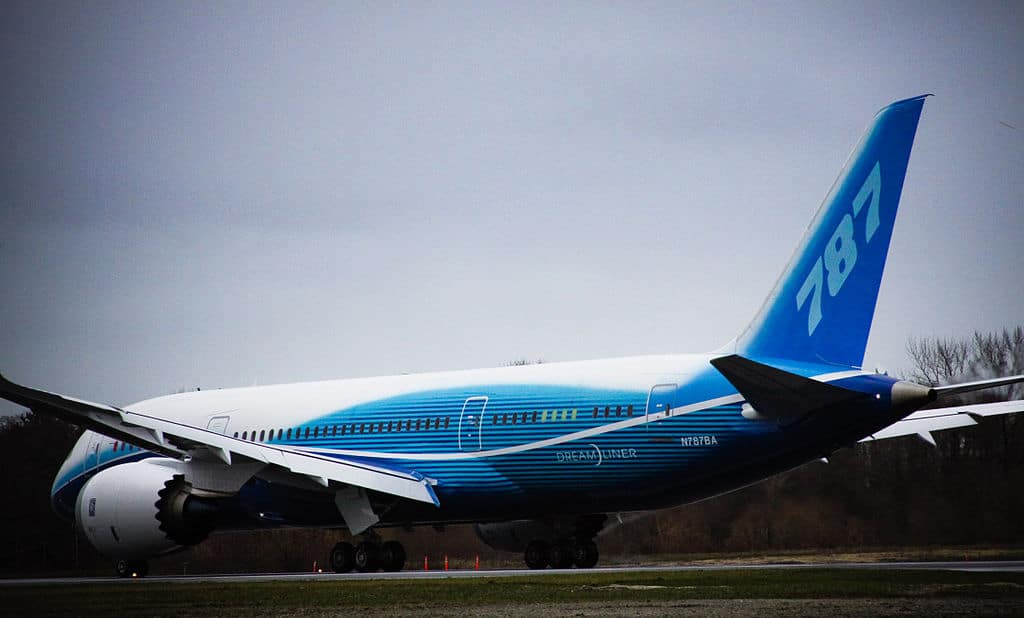A recent Seattle Times report into the Federal Aviation Administration’s (FAA) handling of whistleblower complaints details “an overwhelmed system delivering underwhelming results for whistleblowers.”
In response to the slew of highly publicized whistleblower allegations against Boeing in 2024, the Seattle Times examined FAA reports submitted to Congress between 2020 and 2023 to understand how the agency was handling whistleblower disclosures.
According to the Seattle Times’ analysis, “More than 90% of safety complaints from 2020 through 2023 ended with no violation found by the FAA, while whistleblowers reported them at great personal and professional risk.”
During the timeframe, there were 728 whistleblower complaints filed with the FAA. The Seattle Times reports that “the Office of Audit and Evaluation dismissed nearly 4 out of 10 before reaching the fact-finding phase.”
“It’s impossible to know how many of the hundreds of complaints the FAA summarily dismisses each year are in fact meritless,” the Seattle Times’ report states.
The Wendell H. Ford Aviation Investment and Reform Act for the 21st Century (AIR21) is the United States’ airline safety whistleblower law. Originally passed in 2000, the law prohibits airline companies, both carriers and manufacturers, from retaliating against employees who blow the whistle on safety concerns.
In May, President Biden signed the FAA Reauthorization Act of 2024 into law. The bill, a sweeping package which reauthorizes the FAA and makes a number of reforms to the airline industry, includes provisions altering whistleblower provisions for airline safety whistleblowers.
The FAA Reauthorization Act grants the FAA the authority to impose civil penalties against companies who retaliate against airline safety whistleblowers, outlines that the FAA will work alongside the Department of Labor (DOL) in determining whistleblower retaliation cases and institutes a peer review of the Office of Whistleblower Protection and Aviation Safety Investigations.
These reforms do not address many of the issues with AIR21 highlighted by whistleblower advocates. For example, under AIR21, whistleblowers do not have the right to appeal decisions before federal court, a right which whistleblower advocates argue is critical to the success of whistleblower protection laws.
AIR21, and other whistleblower protection laws overseen by the Occupational Safety and Health Administration (OSHA) also are notorious for long, delayed investigations and proceedings. It was seven years into an AIR21 process that Boeing whistleblower John Barnet recently took his own life.
Airline safety whistleblowers are also not offered whistleblower awards, which have proven to revolutionize the incentivization of whistleblowers and deterrent of wrongdoing. By contrast, the National Highway Traffic Safety Administration (NHTSA) offers whistleblower awards to whistleblowers who report auto safety violations. In 2021, the NHTSA program, which is still being implemented despite a Congressional deadline, awarded $24 million to a whistleblower who provided information about safety issues related to engine defects by Hyundai and Kia.
Further Reading:
Most Complaints Against Boeing, FAA Go Nowhere Frustrating Whistleblowers
